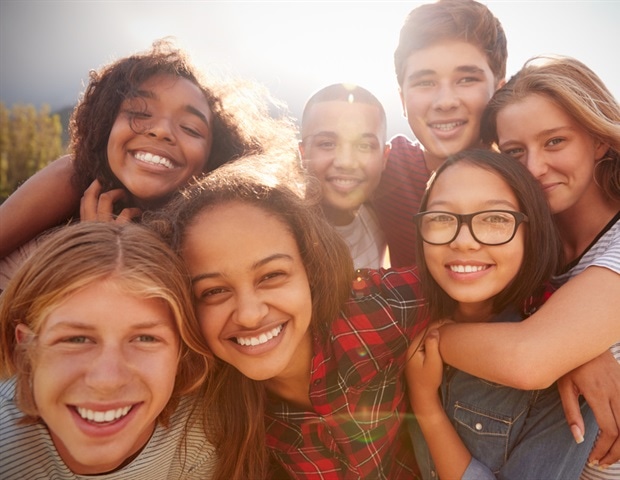Social media use is associated with risky health behaviors in young people including increased alcohol, drug and tobacco use, anti-social behavior, risky sexual behaviours and gambling, finds a review of the latest evidence published by The BMJ today.
Exposure to risky health behavior content on social media such as alcohol advertising had the strongest evidence of harm, particularly in relation to alcohol use and unhealthy eating.
The researchers say further research is needed to establish causality, understand effects on health inequalities, and determine which aspects of social media are most harmful.
Social media use has rapidly expanded, and it is now recognized as a platform to promote health, but concerns exist over its potential impact on risky health behaviours among adolescents.
Previous reviews have identified harmful links between social media and some risky behaviours, but they focused only on university and college students, did not investigate social media specifically, and did not assess the quality of studies.
To address this knowledge gap, the researchers set out to examine the association between social media use and risky health behaviours in adolescents (10-19 year olds).
Their findings are based on analysis of over 250 social media measures reported in 73 studies from 1997 to 2022 involving 1.4 million adolescents (average age 15 years).
Most of the studies were carried out in high-income countries and were of varying quality, but the researchers were able to assess the certainty of evidence using the recognised GRADE system.
Their analyses showed that frequent or daily social media use was associated with higher odds of alcohol consumption (48%), drug use (28%) and tobacco use (85%) compared with infrequent or non-daily use.
Frequent or daily social media use was also associated with risky sexual behaviours such as sexting, transactional sex, and inconsistent condom use (77%), anti-social behaviour such as bullying, physical assault, and aggressive/delinquent behaviour (73%), and almost three times the odds of gambling compared with infrequent or non-daily use.
Exposure to risky health behaviour content on social media had the strongest evidence of harm, particularly for unhealthy eating and alcohol use, compared with no exposure.
For alcohol consumption, stronger associations were found for adolescents aged 16 years and older and for exposure to user generated content compared with marketer generated content.
And spending at least 2 hours a day on social media doubled the odds of alcohol consumption compared with less than 2 hours of use.
The researchers point out that most social media measures relied on personal recall and they can’t rule out the possibility that other unmeasured factors, such as parental health risk behaviours, may have influenced their results.
Nevertheless, this was a comprehensive and well designed review, and the researchers took steps to minimise the impact of factors such as variation in study designs and publication bias.
“Experimental and risk taking behaviours are an inherent part of adolescence,” they write. “However, as safeguards for a digital world are still evolving, precaution across academic, governmental, health and educational sectors may be warranted before the risks of adolescents’ use of social media is fully understood.”
Source:
Journal reference:
Purba, A. K., et al. (2023). Social media use and health risk behaviours in young people: systematic review and meta-analysis. BMJ. doi.org/10.1136/bmj-2022-073552.
